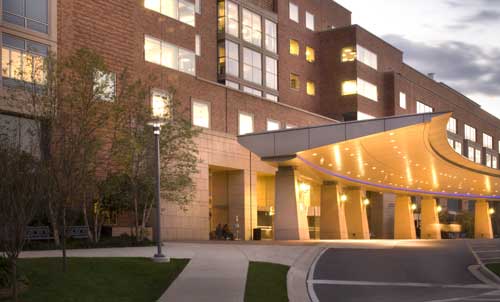
The Clinical Center at the National Institutes of Health (NIH) in Bethesda, Maryland, is the nation's largest hospital devoted entirely to clinical research. It is a national resource that makes it possible to rapidly translate scientific observations and laboratory discoveries into new approaches for diagnosing, treating, and preventing disease. Approximately 1,500 studies are in progress at the NIH Clinical Center. About half the studies are the first tests of new drugs or medical treatments in people. The rest are natural history studies of diseases—including many rare diseases. These long-term studies lead to better understanding of how diseases develop and to improvements in prevention and treatment.
More than 350,000 patient volunteers, from all 50 states and throughout the world, have participated in clinical research at the Clinical Center since its opening in 1953. NIH Clinical Center accomplishments include the
- First computerized hospital information system to facilitate clinical research
- First chemotherapy for childhood leukemia and Hodgkin's disease
- First use of immunotherapy to treat cancer (melanoma)
- First use of AZT for the treatment of AIDS
- First AIDS and hepatitis blood tests, which made the national blood supply safe
- First gene therapy
- First controlled trials of lithium's effect on depression
- First use of immunosuppressive therapy for nonmalignant diseases.
For more information, see the NIH Clinical Center Web site at: http://clinicalcenter.nih.gov/
|